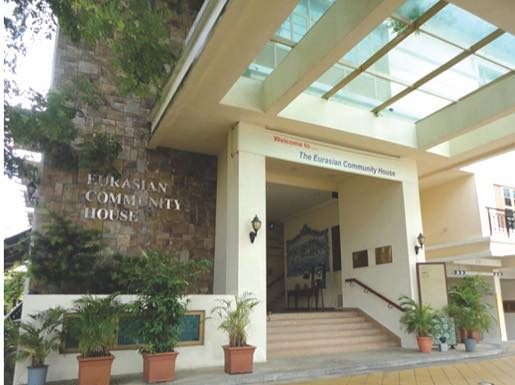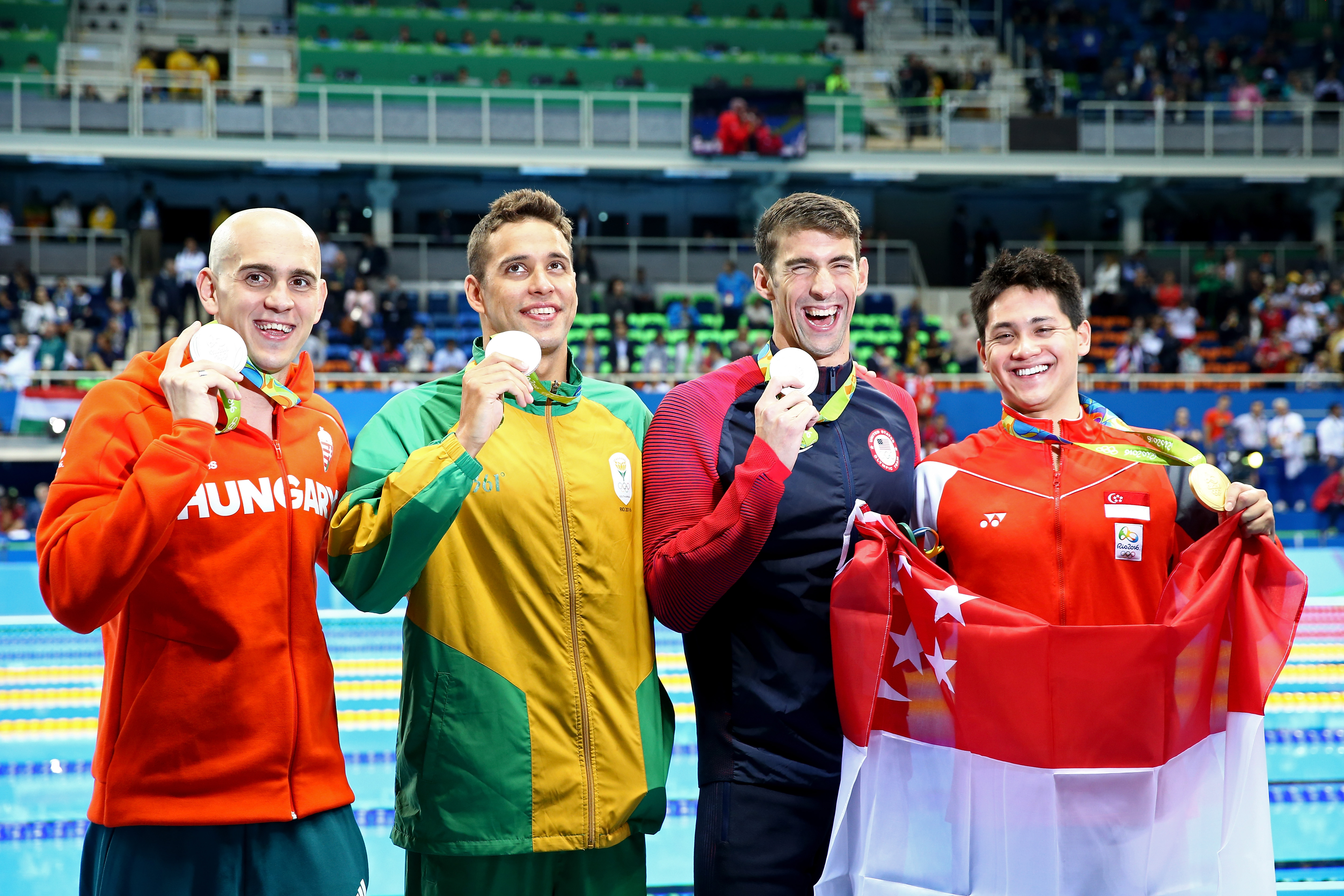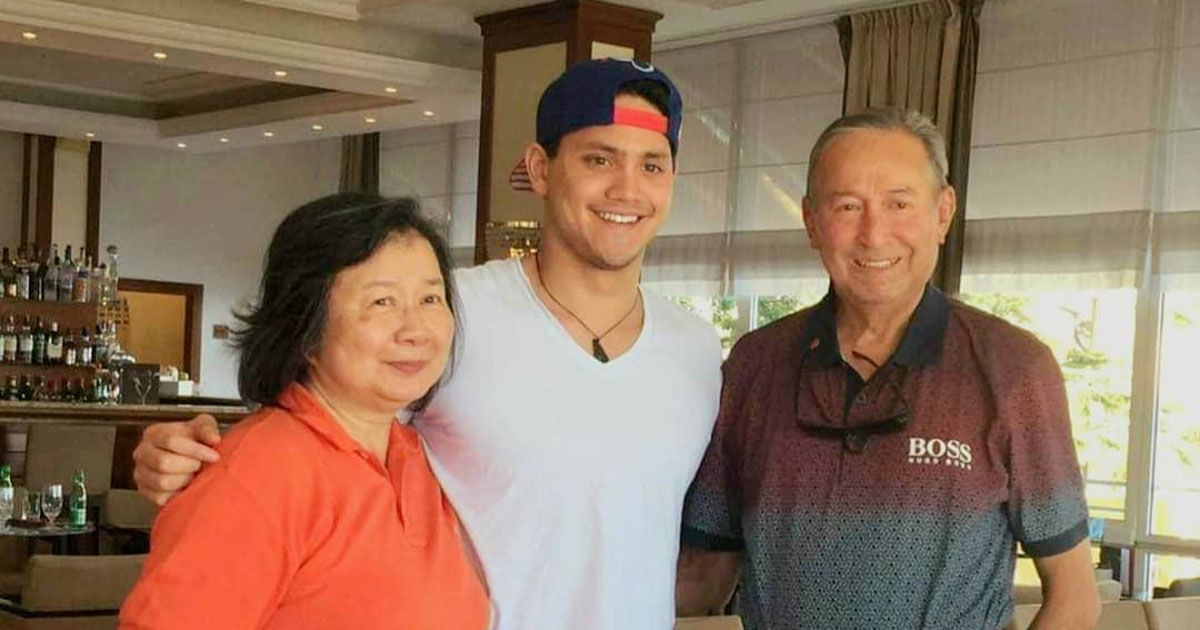Follow us on Telegram for the latest updates: https://t.me/mothershipsg
George Yeo: Musings is a collection of just that: The former foreign minister’s musings across various diverse topics.
Series One, the first of three books, contains Yeo’s thoughts about identity, Singapore’s diversity, and how this affects the country’s relationships with the rest of the world, including China and India.
The book is written by Yeo, with Woon Tai Ho, and published by World Scientific. It will be available at all major bookstores from September 2022, but Mothership readers can pre-order a copy here with the promo code “WSMSGY20” and get 20 per cent off.
The book is presented in a question-and-answer format. An excerpt from Chapter 5, “Eurasian Prawn Paste”, is reproduced here.
By George Yeo, with Woon Tai Ho
Q: What do the Eurasians represent here in Singapore?
Being a good host is an important part of Eurasian culture. Of all the four heritage centres, Eurasian House has the most intimate and welcoming feel to it. On the top floor, there is a gallery of Eurasian history and heritage, including the story of Eurasian men and women who contributed much to Singapore’s development in different fields. On the ground floor, there is a restaurant, Quentin’s, which serves good Eurasian food, including dishes like devil’s curry, prawn bostador, feng and, of course, sugee cake.
 Eurasian Community House. Photo courtesy of George Yeo.
Eurasian Community House. Photo courtesy of George Yeo.
It is necessary to revisit history. During the colonial era, the Eurasians enjoyed a position of privilege which they lost after independence. This is best illustrated by the two sports clubs flanking the Padang. On one side is the Singapore Cricket Club, which was exclusive to whites. On the other is the Singapore Recreation Club, which was for Eurasians.
Decolonisation created mixed feelings among the Eurasians, a community created by western intrusion into the region. Many wanted the British out, but independence also meant that their higher status among British subjects would be lost. Not surprisingly, a certain gloom descended on the community when the People’s Action Party took power. In the 1960s and 1970s, a significant number of them emigrated, principally to Australia.
It was only in the 1980s that the tide turned. A new spirit emerged. The Eurasian Association provided needed leadership. Its magazine was aptly called The New Eurasian. Despite efforts to broaden the definition of Eurasians to include those with maternal European ancestry, those with paternal Asian ancestries tend to be re-absorbed into these ancestral Asian communities.
Eurasians are still largely marked by their European names. A Eurasian friend remarked to me that younger Eurasians look more Chinese because of inter-marriage with Chinese women. Though many speak Mandarin, they are not considered Chinese because of their European name. In recent years, more Eurasians have been researching genealogy and finding the exercise to be educational, fascinating and spiritually important.
Singapore "a harsher place" without Eurasians
In more relaxed moments, I use the metaphor of rojak to describe Singapore. However much the ingredients are chopped up, they are still separate. Each has its own distinct flavour. What pulls everything together is the prawn paste.
Without Eurasians, Singapore would become a harsher place. Jesus Christ said that we are judged by how we treat the least among us. Well, maybe not least but the littlest. By affirming Eurasians as a distinct fourth community, we affirm that all communities in Singapore are respected in their separate identities, whatever their size or contributions.
Eurasians make an outsized contribution to Singapore.
When Joseph Schooling won Singapore’s first Olympic gold medal, many Singaporeans thought that he was an imported talent, but he was not a new citizen. He was born and bred here. His father was Eurasian, and his mother is Chinese. As a schoolboy, he trained at Tanah Merah Country Club.
His father, Colin, had told me that Joseph was swimming faster than the Olympic medallist Michael Phelps did at the same age, and that he would one day be a gift to Singapore. I gave a polite reply, but did not imagine that he would one day become world number one.
Colin had said that Joseph spent so much time in the water his legs were wobbly on land, for which a doctor prescribed tennis. The first time I met him was after he played tennis at the club. The morning Joseph won the 100m butterfly event at the 2016 Rio Olympics, Singaporeans were delirious with joy. My wife and I jumped out of bed to sing Majulah Singapura.
 Photo by Al Bello/Getty Images
Photo by Al Bello/Getty Images
Joseph belongs to Singapore’s tiniest community. Joseph brought us to Olympian heights in sports. Reports of Joseph’s gold medal in China and other countries provided background into Singapore’s Eurasian community, which many were not aware of before. As a result, the world came to understand Singapore better.
Vitality of Singapore's Eurasian community a measure of our success
Eurasian identity in Singapore is dynamic. The children of European fathers and Singaporean mothers do not automatically identify as Eurasian. On a visit to Istanbul with Lee Kuan Yew around 1990, I had tea with a group of Singaporean women who married Caucasian men. They made a request that their children be granted the same right to citizenship as the children of Singaporean men. When I mentioned this to Lee Kuan Yew, he agreed that we should change our law to effect this. We also facilitated the use of double-barrel surnames in birth registrations.
In a sense, we are competing to win the hearts and minds of children of mixed marriages. Those who grow up in Singapore will develop affection for Singapore and eventually identify themselves as Eurasian. The vitality of Singapore’s Eurasian community is a measure of our success as Big Singapore.
Top photo via @cmjschooling on Instagram
If you like what you read, follow us on Facebook, Instagram, Twitter and Telegram to get the latest updates.
